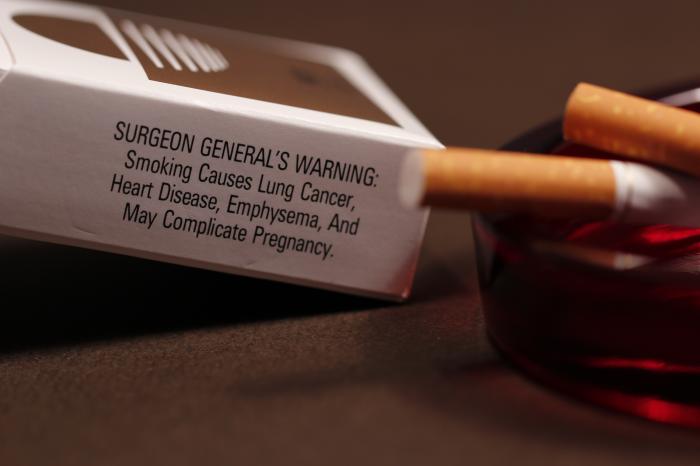
Press Release
Tobacco-Smoking Moms and Dads Increase Type 2 Diabetes Risk for Daughters Exposed in Utero
-
Focus Areas
Chronic Disease Prevention, Women, Youth & Children -
Issues
Tobacco -
Expertise
Research – Surveillance -
Programs
Child Health and Development Studies
Children exposed in the womb to tobacco smoke from their parents are predisposed to developing type 2 diabetes as adults, according to a study from the Public Health Institute and the University of California, Davis.
Women whose mothers smoked while pregnant with them were two to three times as likely to be diabetic by middle age as those whose mothers did not smoke during the pregnancy, the study reports in the February 9 issue of the Journal of Developmental Origins of Health and Disease. Fathers who smoked while their daughters were in utero contributed to an increased diabetes risk for their children, but more research is needed to establish the extent of that risk.
“Our findings suggest that it would be prudent for doctors to advise pregnant women and their partners who smoke that emerging research indicates that their not smoking during the pregnancy may reduce the risk that their child will develop diabetes as an adult,” said Barbara Cohn, PhD, a co-author of the article and director of PHI’s Child Health and Development Studies (CHDS), which provided the data for the study.
The study analyzed data from 1,800 daughters of women who had participated in the CHDS, an ongoing project that has followed participants for more than 50 years. The CHDS recruited women who sought obstetric care through the Kaiser Permanente Foundation Health Plan in the San Francisco Bay Area between 1959 and 1967, a time that largely predated public health and anti-smoking campaigns. The data for the current study were collected by PHI to study early risk of breast cancer across generations of mothers and daughters, which is why sons were not considered in this study.
 “Our findings are consistent with the idea that gestational environmental chemical exposures can contribute to the development of health and disease,” said lead author Michele La Merrill, PhD, an assistant professor of environmental toxicology at UC Davis.
“Our findings are consistent with the idea that gestational environmental chemical exposures can contribute to the development of health and disease,” said lead author Michele La Merrill, PhD, an assistant professor of environmental toxicology at UC Davis.
In previous studies by other researchers, fetal exposure to cigarette smoke has been linked to higher rates of obesity and low birth weight. This current study found that birth weight did not affect whether the daughters of smoking parents developed diabetes.
“We found that smoking of parents is by itself a risk factor for diabetes, independent of obesity or birth weight,” La Merrill said. “If a parent smokes, you’re not protected from diabetes just because you’re lean.”
The study was supported by funding from the National Institute of Environmental Health Sciences, the Eunice Kennedy Shriver National Institute of Child Health and Human Development, and the California Breast Cancer Research Program Special Research Initiative.
About the Public Health Institute
The Public Health Institute, an independent nonprofit organization, is dedicated to promoting health, well-being and quality of life for people throughout California, across the nation and around the world. For more information, visit www.phi.org.
About UC Davis
UC Davis is a global community of individuals united to better humanity and our natural world while seeking solutions to some of our most pressing challenges. Located near the California state capital, UC Davis has more than 34,000 students, and the full-time equivalent of 4,100 faculty and other academics and 17,400 staff. The campus has an annual research budget of over $750 million, a comprehensive health system and about two dozen specialized research centers. The university offers interdisciplinary graduate study and 99 undergraduate majors in four colleges and six professional schools.
More information:
– Read the report.
– Related story: Prenatal exposure to DDT linked to adult high blood pressure http://bit.ly/1HWwBPC
Media contacts:
– To speak to Barbara Cohn, contact Ann Whidden, PHI Communications, at (415) 425-5157, awhidden@gmail.com
Image: “Surgeon General’s warning cigarettes” by CDC/ Debora Cartagena – CDC PHIL image, #14542. Licensed under Public Domain via Wikimedia Commons.
More Updates
Work With Us
You change the world. We do the rest. Explore fiscal sponsorship at PHI.
Support Us
Together, we can accelerate our response to public health’s most critical issues.
Find Employment
Begin your career at the Public Health Institute.



